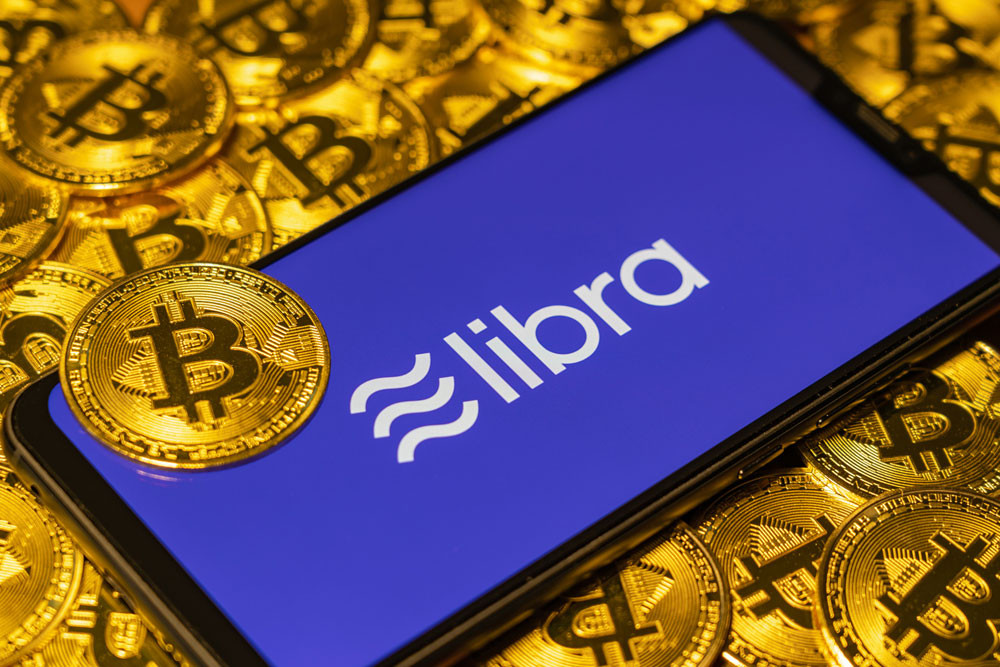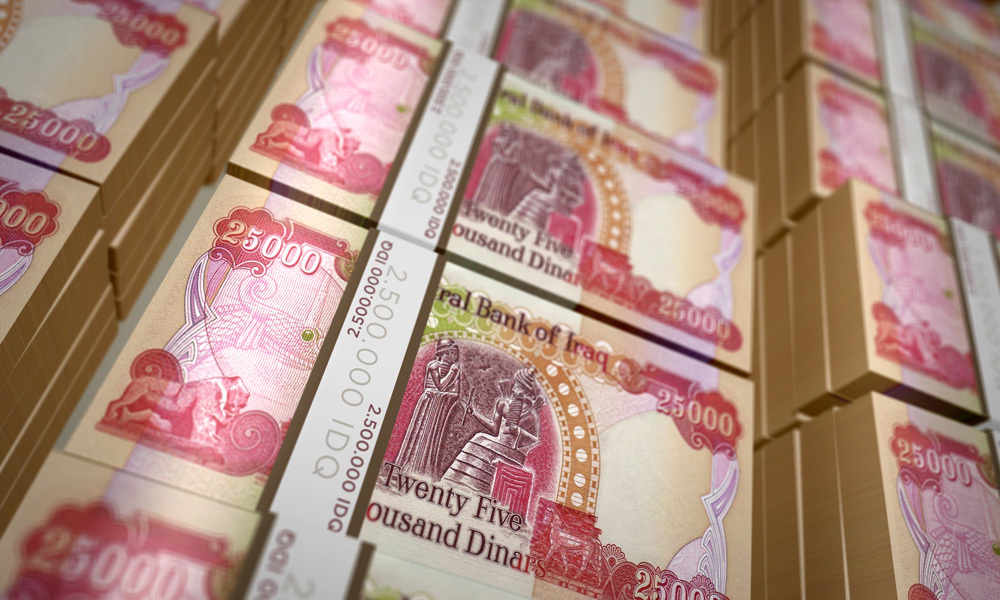There’s been a lot of buzz about bitcoin and other cybercurrencies lately, but just what are they? Are they money? Are they real? How do you spend them? And are they worth getting into?
From where we sit, the answers are: Sort of, definitely, it’s complicated, and maybe. Here’s a quick overview.
Is It Money?
Cryptocurrencies like bitcoin are digital assets similar to other assets you may hold in government-issued currency, and they may be spent in a number of ways, just like money. They’re sort of a cross between cash and barter in the sense that they have monetary value like cash but are only worth what someone else is willing give for them, like barter. The biggest difference from what we think of as “money” is that there is no tangible form of cryptocurrency such as banknotes or coins. It all resides as highly encrypted code on a database called a blockchain.
And unlike traditional currency, cyber cash is not issued by a government or other discrete agency. It just lives anonymously somewhere in cyberspace. That’s part of its attraction…and part of its problem.
Is It Real?
You bet. Thousands of businesses worldwide accept at least one form of cybercurrency, with bitcoin the dominant form. But there are a few hundred others, some more trustworthy than others. To reinforce the legitimacy of cryptocurrency, online giant Facebook just introduced its own cyber money, called Libra, and has multi-million-dollar commitments from Visa, Mastercard, PayPal, and Uber to back it.
How Can You Spend It?
The most common way to spend bitcoin and other cyber money is on online purchases. Since it’s all electronic, that medium is ideally suited. But there are ways to use bitcoin, etc., at physical businesses, too. Your “money” is stored in an electronic “wallet,” so if the business has the technology to drew from your account, you can spend bitcoin et al. just like using a debit card.
You can also send money to people and places through some payment systems like PayPal and Coinbase. Each payment method has its own regulations, and sometimes fees, so be sure to understand them before using them.
Are Cryptocurrencies Worth Getting Into?
Some say they’re the wave of the future; that they’ll replace government money eventually. Others claim they’re a Ponzi scheme that’s destined to fail when governments step in.
The truth is probably somewhere in between.
If you like the idea of cutting-edge technology, maybe it’s worth a look, for the entertainment value if nothing else. Just be sure you understand the ins and outs, a complicated subject that’s beyond the scope of this article.
Buying in as an investment might be tempting, given that bitcoin has surged to over $11,000 per “coin” lately. But cyber cash is fiat currency, just like dollars, pounds, and euros, meaning it’s only worth what someone is willing to pay for it. And while those government-issued currencies also fluctuate in value and attract some speculative investors, US dollars and gold, for instance, are much less volatile and more predictable.
Bitcoin has made some millionaires, and Libra may do the same, but people have lost a lot of loot on mistimed transactions, too. Speculating on bitcoin, Libra, or any other form of wealth is gambling, so it’s best to skew the odds in your favor by thoroughly understanding the game.
Knowing when to double down in blackjack is essential to winning; so is knowing the game of cybercurrency. After all, those casinos aren’t built on losses.
Owning collectible coins and currency is an attractive alternative to speculating in gold, silver, or cybercurrencies. Over time, collectible coins and currency tend to increase in worth, often well beyond their face value.
The Great American Coin Company® is pleased to offer a wide selection of collectible U.S. coins and paper money as well as currency from around the world offered by The Great American Coin Company. We keep adding items as they become available, so be sure to visit us frequently.



